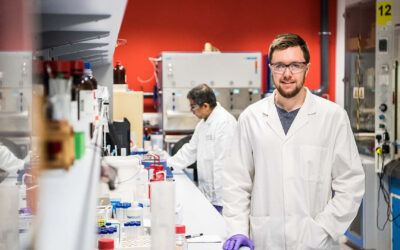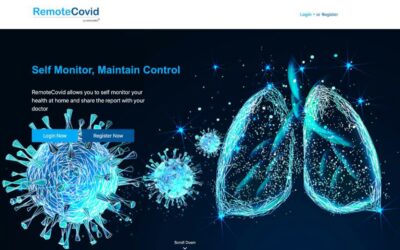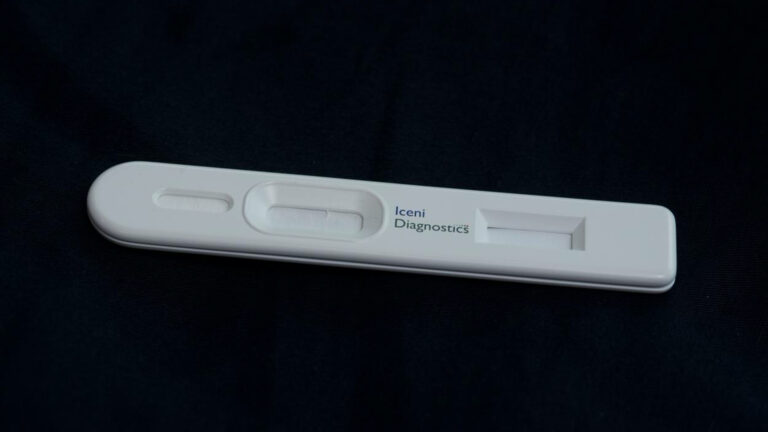Biotech researchers at the University of Manchester are developing a home testing kit for Covid-19 that could be used like a pregnancy test.
It has produced a prototype based on the fact that sugars coat all human cells, and could be used to detect infectious agents like coronavirus.
Rather than identifying the virus by its genetic code, which can mutate, it focuses on its reliance on chains of sugars on human cells, which are constant.
“Our existing prototype product for influenza can detect the virus in less than 20 minutes and could be adapted to identify other pathogens such as coronavirus,” explained Professor Field.
“Respiratory viruses invade the body through cells in the airways and lungs. These cells are covered in a coat of sugar chains, known as glycans, which are used for normal function of human tissues. Viruses can utilise these glycans as part of the infection process.”
His team believes that a testing device could be used in “hotspot” communities like frontline NHS staff allowing doctors and nurses to easily test at home to see if they have COVID-19 symptoms or not before going to work.
They are now working with spin-out company, Iceni Diagnostics to get their new test ready and officially validated ready for the autumn.
“Right now, everybody is talking about a vaccine for coronavirus but vaccine development, validation, safety-testing, manufacture, regulatory approval and deployment is a time-consuming process,” he continued.
“A low-cost, easy to use screening test that can be performed at the point of care would be an ideal way to limit initial disease transmission in the community and at points of entry to hospitals, or at national borders, for instance.
“Current COVID-19 tests are largely based on PCR (polymerase chain reaction) that requires a laboratory setting for analysis and relies on prior knowledge of the viral genetic code. This code can change as the virus evolves, potentially limiting the effectiveness of the test.
“The Iceni Diagnostics approach uses glycan recognition, which is unaffected by seasonal variation in the genetic code, and can be offered as a handheld home or field-based test.”











